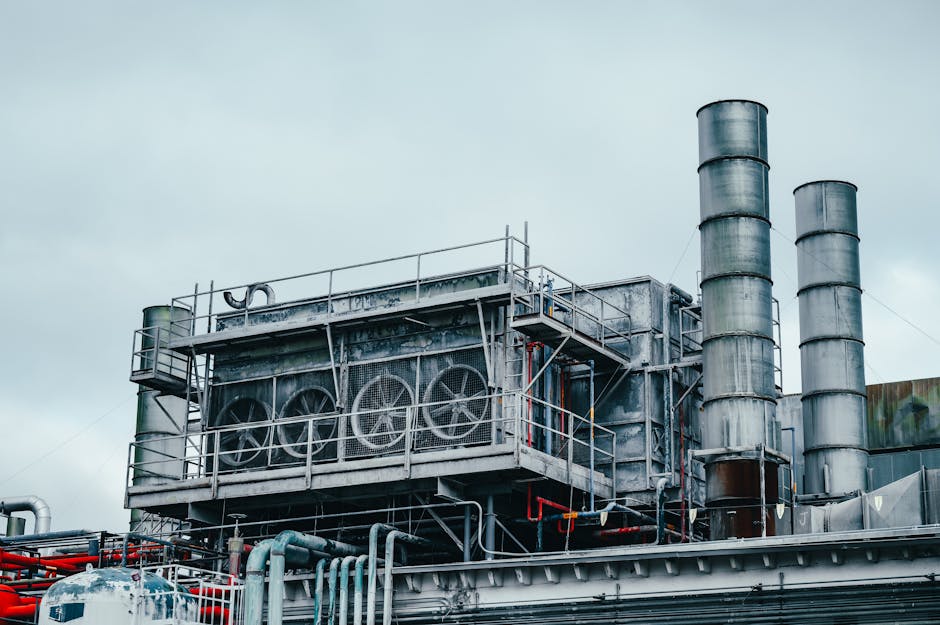What is automation in engineering?
Automation in the engineering industry refers to the use of technology to perform tasks previously done by humans. It aims to improve efficiency and precision in various processes.
The concept of automation in engineering:
- Automation in engineering utilises machines and computers to streamline tasks.
- It helps in reducing human errors and increasing productivity.
- Automation can be applied in manufacturing, maintenance, and design processes.
- The integration of automation in the engineering industry leads to cost reduction and better quality outcomes.
- Embracing automation can enhance competitiveness and innovation in engineering firms.
Increased efficiency and productivity in the industry
Automation in the engineering industry boosts efficiency, saving time and increasing output. It allows tasks to be completed faster and with fewer errors, leading to overall improved productivity levels. By automating processes, companies can meet deadlines more easily and take on larger workloads.
Improved quality for your customer
Quality control is enhanced as automation reduces the chances of human error, resulting in higher-quality products. Automation also frees up human workers to focus on more complex and creative tasks, leading to better innovation within the industry.
Improved accuracy and precision in engineering processes
You can expect automation to enhance accuracy and precision in engineering tasks. Automated systems are designed to perform tasks with high levels of accuracy, reducing human error. This improvement in precision leads to better quality products and more efficient processes in the engineering industry.
Where is the cost benefit?
Companies can save money by using automated technologies in the engineering industry. Automation helps reduce labor costs by replacing manual work with machines. By automating tasks, companies can also lower production costs and improve overall efficiency. Automation technologies can lead to cost savings in the long run by reducing errors and increasing productivity.
Enhanced safety measures and reduced risks in engineering operations
Integrating automation in the engineering industry enhances safety measures and reduces risks. Automation allows machines to handle hazardous tasks, minimising the potential for accidents. Companies leverage automation to improve workplace safety and reduce risks associated with manual labor. Additionally, automation streamlines processes, cuts errors, and creates a more secure working environment for employees.


